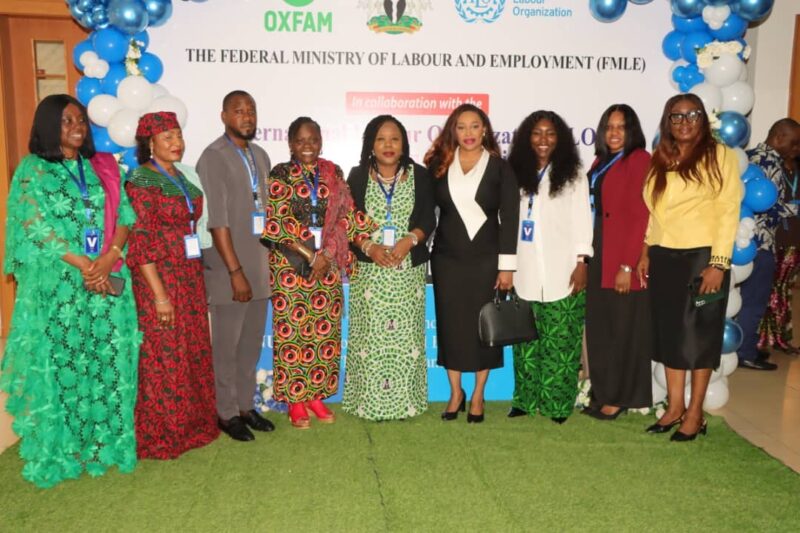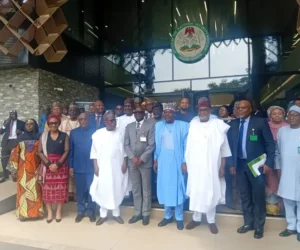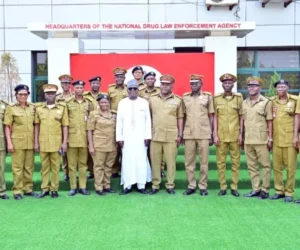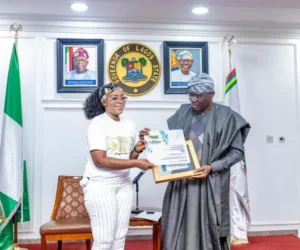By Joan Nwagwu
The International Labour Organisation (ILO), Oxfam and civil society groups have partnered with the Federal Government to promote gender equality in Nigerian workplaces.
Mrs Olaolu Olaitan, Director, Inspectorate Department, Ministry of Labour and Employment, said this on Thursday at the stakeholders’ re-validation meeting on the National World of Work Gender Policy in Abuja.
The meeting was organised by the Ministry of Labour and Employment in Abuja.
Olaitan said the policy was designed to eliminate discrimination, violence and harassment at work while advancing equity and inclusiveness.
She explained that the re-validation process would strengthen the draft policy and align it with Nigeria’s realities and international best practices.
Olaitan commended the contributions of government agencies, organised labour, employers’ associations, Oxfam and ILO in shaping the policy framework.
She said that gender equality at work was not the responsibility of government alone but a shared commitment of all stakeholders.
Also speaking, Dr Vanessa Phala, ILO Country Director for Nigeria, Ghana, Liberia, Sierra Leone and ECOWAS, described the policy validation as a landmark step for Nigeria.
She said Nigeria had demonstrated leadership by ratifying ILO Conventions 100, 111 and 190 on equal pay, discrimination and workplace harassment.
Phala stressed that the new policy aligned with the Beijing Declaration, AU Gender Policy and UN Sustainable Development Goals, particularly SDG 5 on equality and SDG 8 on decent work.
She added that the provisions addressed vulnerable groups including informal workers, migrant workers, persons with disabilities and those with family responsibilities.
She said if faithfully implemented, the policy could serve as a model for the region, demonstrating Nigeria’s leadership on workplace equality.
In his remarks, Mr John Makina, Country Director of Oxfam in Nigeria, said the validation was a milestone in creating fair and inclusive workplaces.
Makina urged stakeholders to ensure the policy became a living framework that would close the gender gap, promote inclusion and safeguard decent work for all.
He commended the ministry’s leadership and the ILO’s technical support in aligning the policy with international labour standards.(NAN)
Edited by Deji Abdulwahab
Published By
- Agriculture and Environment Desk Controller/Website Content Manager.








